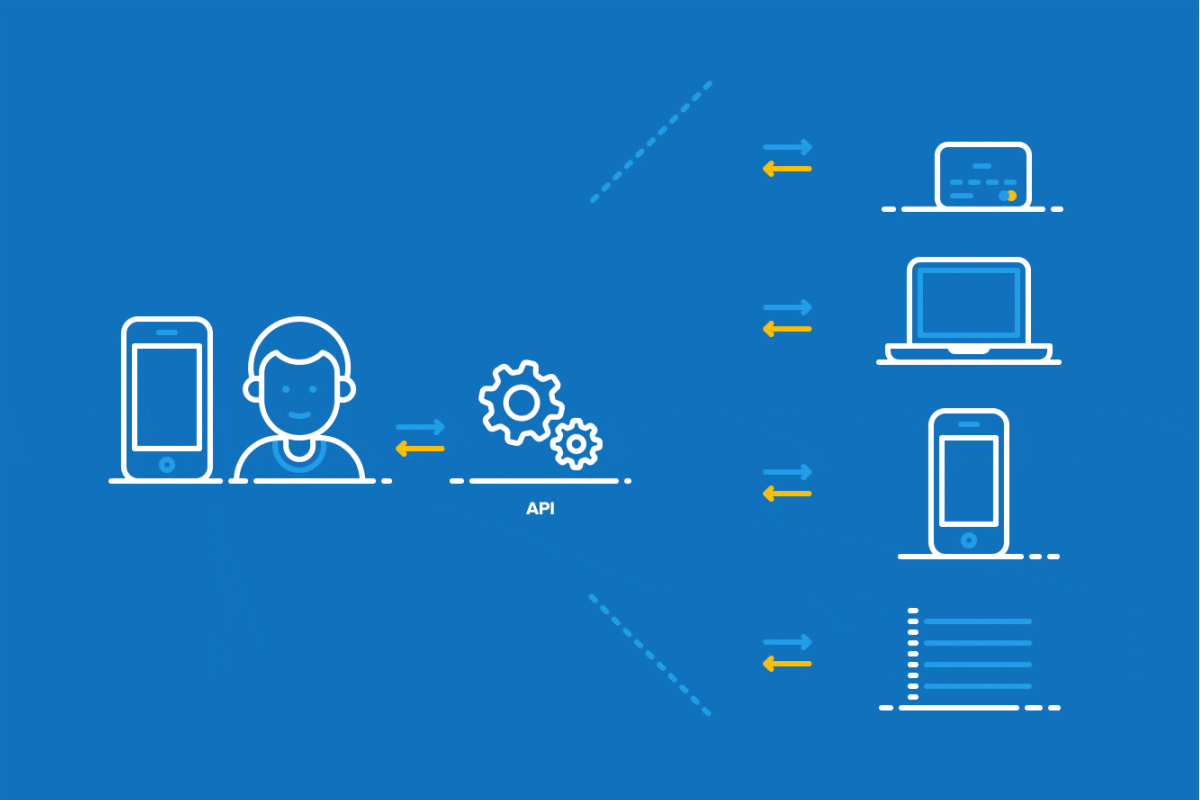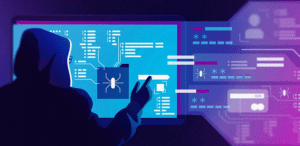What is the job description of a blockchain architect?
A blockchain is a decentralized digital record that saves transactions on thousands of computers all over the world. These are registered in a way that prevents them from being modified afterward. Blockchain technology improves security and speeds up information transmission in a cost-effective and transparent manner.
It also eliminates the need for third parties, whose primary duty was to provide confidence and validation in transactions (such as notaries and banks).
The significant importance of blockchain has piqued the interest of companies from all industries, with the banking sector being the most active at this moment.
Certification in software engineering helps aspirants fetch lucrative jobs in this field. There are several blockchain courses available, you just need to pick the right one.
What skills do blockchain architects need?
- A blockchain architect is in charge of collaborating with R&D teams and incorporating blockchain into the development and design of solutions that employ cross-asset frameworks and concepts.
- Furthermore, you will work on new technologies and develop performance standards for appraising any new solutions. Apart from that, blockchain architect capabilities include extensive knowledge of blockchain architectural concepts and the development of storage solutions.
- In any case, the essential point is that the position is at the top of blockchain developer and engineer positions. As a result, the architect will be in charge of directing any blockchain-based projects and laying out the overarching strategy for the team to follow.
- One of the primary roles of a blockchain architect is the creation of Blockchain Product Specifications.
- A blockchain solution architect must be fluent in several programming languages. Furthermore, they must have advanced knowledge about these programming languages. Furthermore, your role may need you to code challenging sections of the project that no one else is capable of. Learning C++, Python, and Java is imperative in this field.
- As a blockchain architect, you would need to hone your leadership abilities in order to provide your team with the correct direction to ensure that any solution is a tremendous success
- The smart contract is a must-have for blockchain architects. Any architect of a blockchain solution must be familiar with smart contracts. It is one of the most in-demand qualities of corporate businesses.
- Learning cryptography is another excellent blockchain architect skill. The entire foundation of security would crumble if cryptography has not been used. It would be necessary to employ it in order to provide greater security and immutability to the system.
- One has to have command over blockchain development tools.
The job description/requirements for becoming a Blockchain architect:
- A solid understanding of Blockchain foundations, consensus algorithms, and smart contracts
- A solid understanding of the various varieties of Blockchain
- Excellent knowledge of blockchain frameworks
- Good command over the several consensus algorithms used for the Bitcoin Blockchain, Ethereum, Byzantine fault-tolerant algorithms
- Strong command over cryptography
- Build performance indicators to assess the performance of the Blockchain.
- Preparation of a risk and failure analysis and risk prevention plan.
- Train and advise technical employees on Blockchain tools and frameworks, Blockchain principles, and so forth.
- Skilled in programming languages, like Go, Java, or NodeJS.
Conclusion:
An architect must be knowledgeable in the business domain in order to develop solutions that are practical rather than theoretical. At the same time, an architect must keep up with the field’s rapid evolution as it progresses toward becoming a true engineering profession. New approaches, processes, and vendor tools are constantly redefining an architect’s roles and obligations.
Every architect owes it to the software architecture community to participate and be involved in a constructive way. Blockchain is slowly getting integrated into IoT networking and eventually blockchain architects may have looked into smoothing out the relationship between Blockchain and IoT Networking process.
Many aspiring students must be looking for a Certification in Software Engineering. There are several blockchain courses available that will teach you all the necessary skills required in the field.




 Now one of the major challenges faced by the traditional banking systems is that it takes more than the necessary time to settle financial transactions carried out between two parties. The average time taken earlier was between 1to 3 days.
Now one of the major challenges faced by the traditional banking systems is that it takes more than the necessary time to settle financial transactions carried out between two parties. The average time taken earlier was between 1to 3 days. Identity theft is also a common problem in the modern digital age. Banks need better protection against these cybercriminals to detect fraud and eliminate the chances of data leakage.
Identity theft is also a common problem in the modern digital age. Banks need better protection against these cybercriminals to detect fraud and eliminate the chances of data leakage. This allows easy data manipulation without any repercussions but given the blockchain highly decentralized structure it is almost impossible to manipulate data without being caught.
This allows easy data manipulation without any repercussions but given the blockchain highly decentralized structure it is almost impossible to manipulate data without being caught.

 Blockchain technology is still in its nascent phase. High demand, lucrative pay scale, and opportunity to work in cutting-edge technology are few notable reasons that make this career path worthwhile.
Blockchain technology is still in its nascent phase. High demand, lucrative pay scale, and opportunity to work in cutting-edge technology are few notable reasons that make this career path worthwhile. To start coding, beginners are recommended to start with Solidity. Learn to create simple blocks, blockchain, implement genesis block, add the block to the chain, validate, and perform a test run. Subsequently, proceed with advanced features like Smart contracts, build the decentralized applications.
To start coding, beginners are recommended to start with Solidity. Learn to create simple blocks, blockchain, implement genesis block, add the block to the chain, validate, and perform a test run. Subsequently, proceed with advanced features like Smart contracts, build the decentralized applications.
 From healthcare to finance, companies in nearly every industry are looking to apply blockchain and get ahead of their peers.
From healthcare to finance, companies in nearly every industry are looking to apply blockchain and get ahead of their peers. There’s a bright scope for blockchain developers in India. If you’re interested in becoming a blockchain developer and want to learn what is blockchain, check out this
There’s a bright scope for blockchain developers in India. If you’re interested in becoming a blockchain developer and want to learn what is blockchain, check out this 